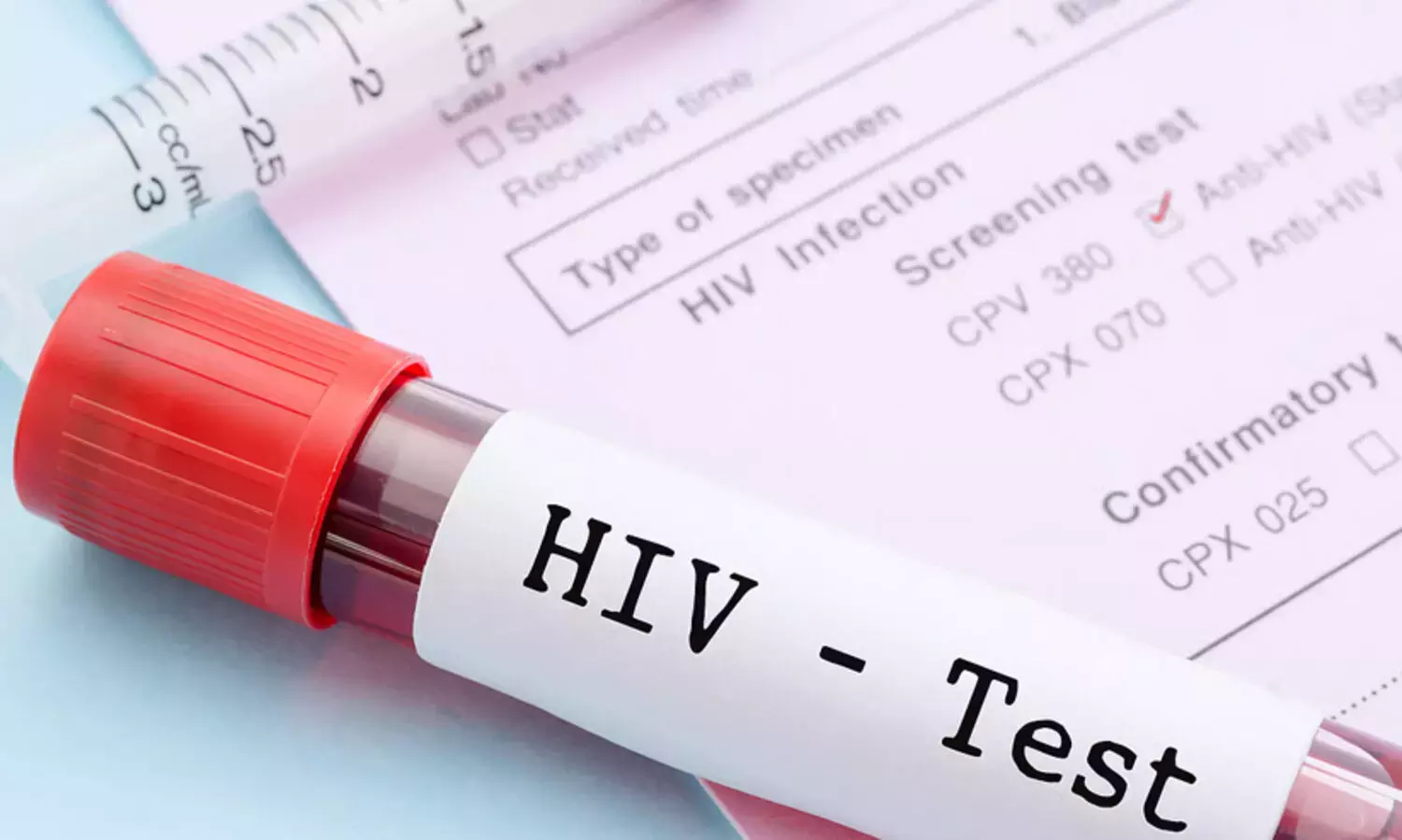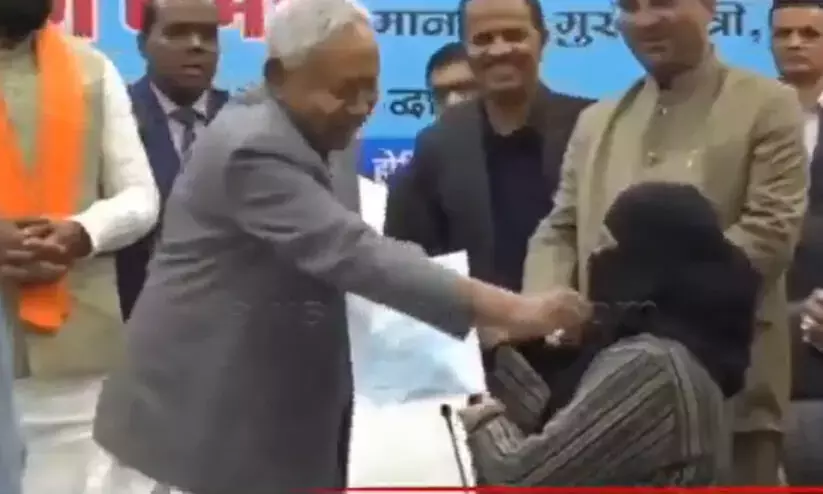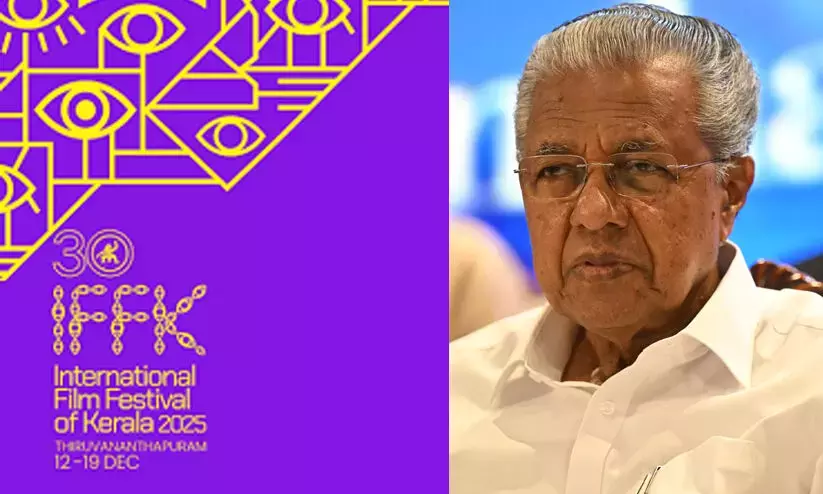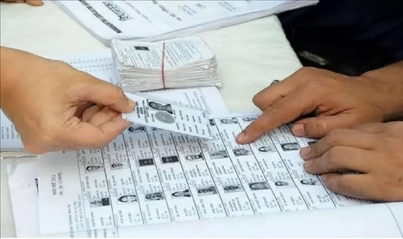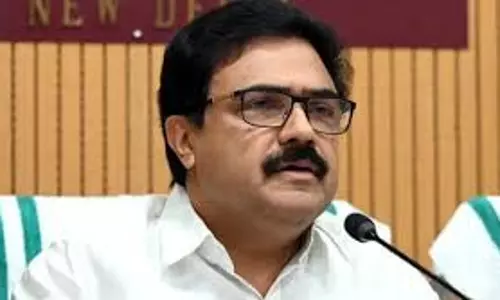
Trump vows to impose tax on India, China, others who ‘harm’ US interests
text_fieldsPhoto: AFP
Washington: US President Donald Trump promised on Monday to levy taxes on India, China, and Brazil, claiming that the countries impose high tariffs that "harm" Washington's interests, according to PTI.
“We are going to put tariffs on outside countries and outside people that really mean harm to us,” Trump told House Republicans in Florida. “Well, they mean us harm, but they basically want to make their country good.”
This is Trump's first meeting with his party members since being sworn in as president for a second term earlier this month.
The Republican leader has consistently stated his plan to slap a reciprocal tax on India, citing New Delhi's hefty tariffs on foreign goods.
“Look at what others do,” PTI quoted him as saying on Monday. “China is a tremendous tariff maker, and India and Brazil and so many other countries. So we are not going to let that happen any longer because we are going to put America first.”
The US will also establish a “very fair system where money is going to come into our coffers and America is going to be very rich again”, the president said, adding that this will happen very quickly, Scroll.in reported.
“Instead of taxing our citizens to enrich foreign nations, we should be tariffing and taxing foreign nations to enrich our citizens,” Trump said. “Under the American first economic model, as tariffs on other countries go up, taxes on American workers and businesses will come down and massive numbers of jobs and factories will come home.”
Additionally, Trump encouraged businesses that wished to avoid tariffs to establish manufacturing facilities in the United States. “We are going to have more plants built in the next short period of time than anybody ever envisioned before because the incentive is going to be there because they have no tariff whatsoever,” he said.
On multiple occasions. Trump has expressed concerns about India's trade relations with the United States. Trump said in December that nations that imposed significant tariffs on US goods included Brazil and India.
“The word reciprocal is important because if somebody charges us – India, we do not have to talk about our own – if India charges us 100%, do we charge them nothing for the same?” Trump had said.
In the lead-up to the US presidential elections, Trump, who was also president of the country from 2017 to 2021, promised to impose a reciprocal tax if re-elected. In October, he stated that "reciprocity" will be a crucial component of his economic plan to "make America extraordinarily wealthy again".
“It’s a word that’s very important in my plan because we generally don’t charge tariffs,” Trump had said. “I started that process, it was so great, with the vans and the small trucks, etc. We really don’t charge. China will charge us a 200% tariff. Brazil is a big charger. The biggest charger of all is India.”
Trump, on September 17, called India a “very big abuser” of the trade relationship with his country.
In August 2023, he asserted that India imposed unreasonably high tax rates on American products and promised to implement reciprocal taxes if elected in 2024.
In February 2019, India reduced the customs tax on imported motorbikes such as Harley-Davidson to 50% after Trump labelled it "unfair" and threatened to raise tariffs on Indian motorcycle imports to the US. Trump commented at the time, claiming the rate was still "unacceptable".
Three months later, Washington withdrew India's designation as a beneficiary developing country under the Generalised System of Preferences Programme, stating that India had not satisfied the US that it would "provide equitable and reasonable access to its markets". At the time, Trump served as the US president.
If beneficiary developing nations fulfil the eligibility criteria set by the program's Congress, some products may enter the US duty-free.




